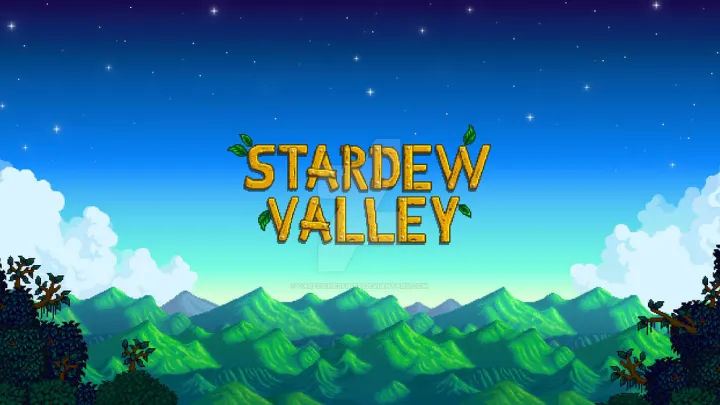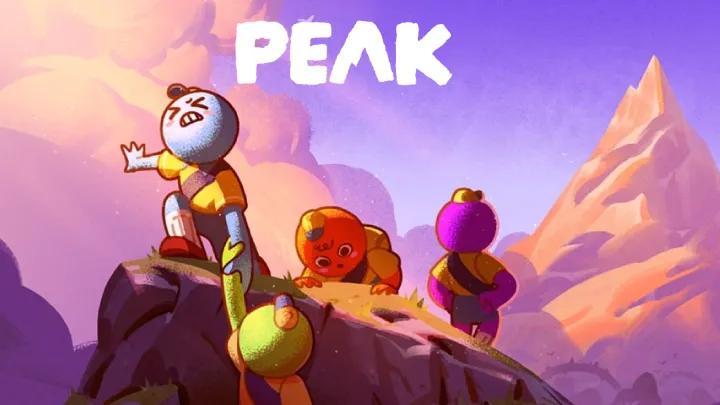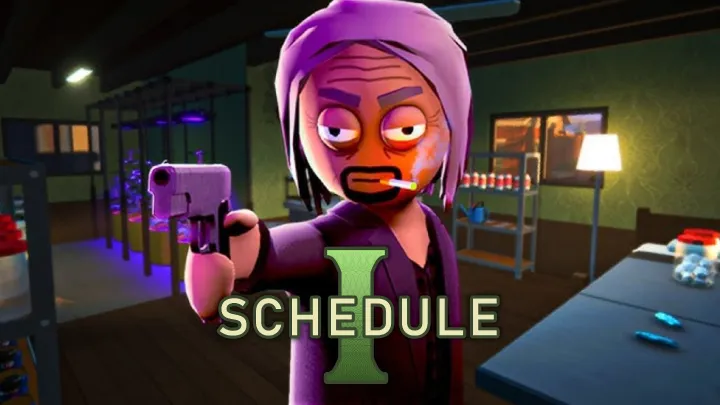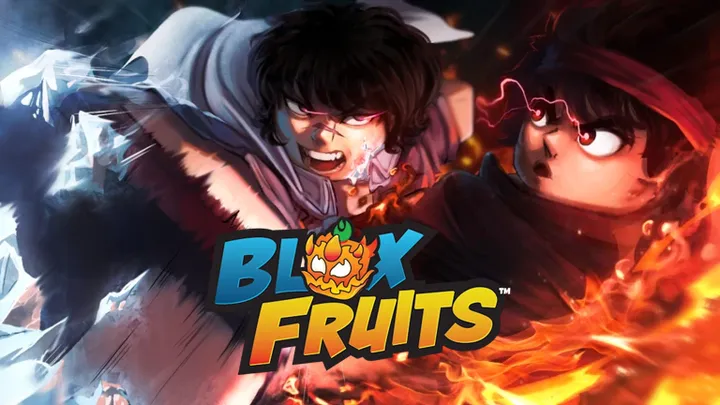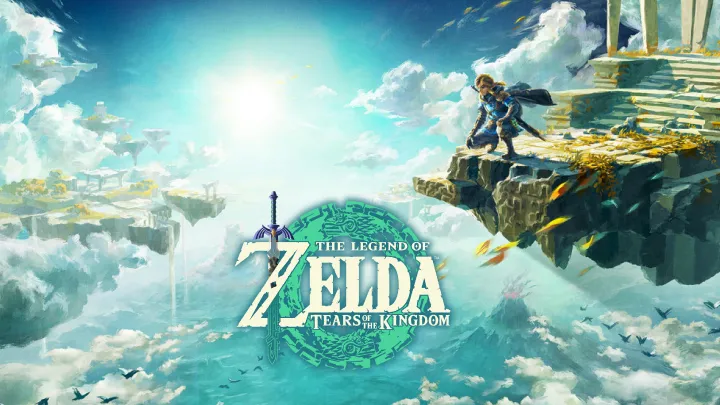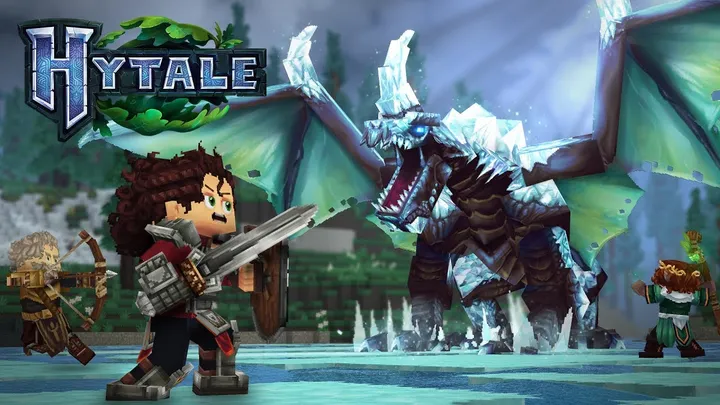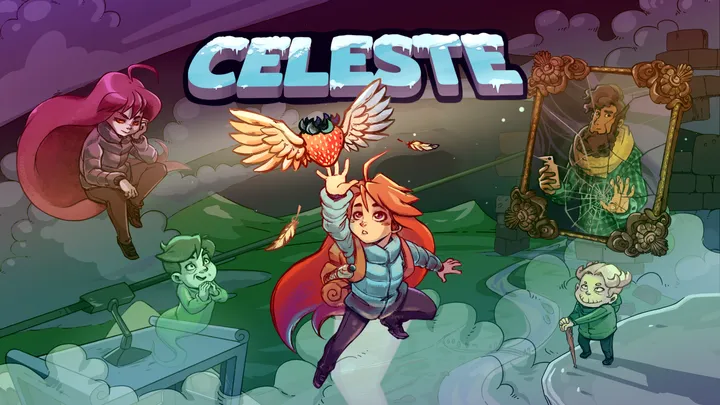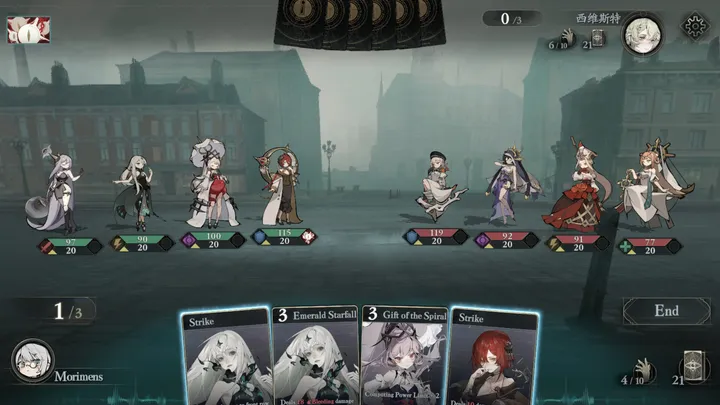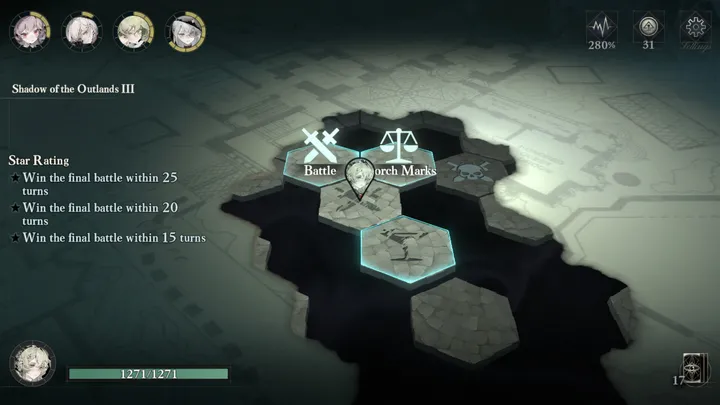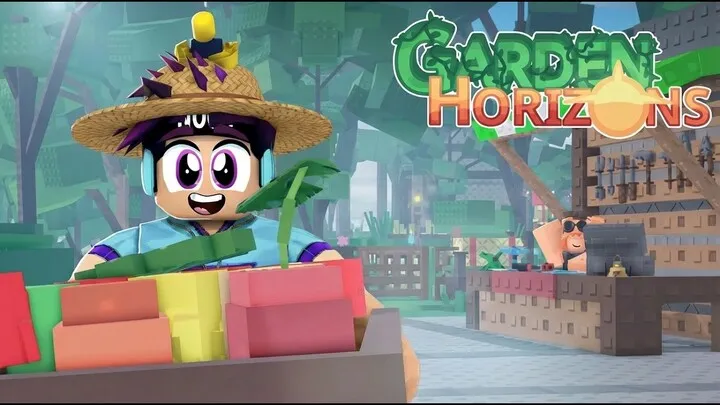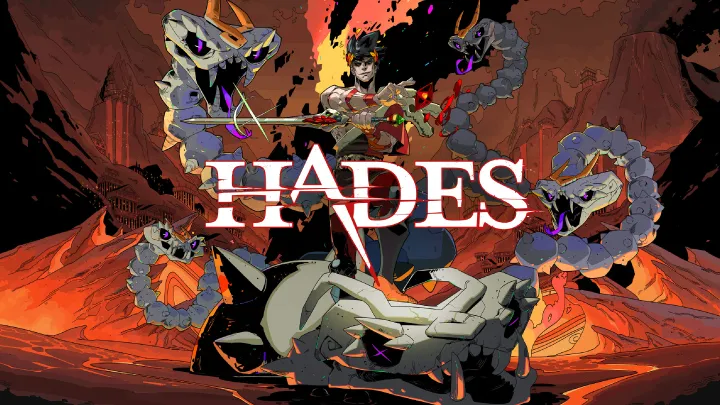Introduction
Stardew Valley, developed and published by ConcernedApe (Eric Barone), released on February 26, 2016, for PC, with subsequent ports to PlayStation 4, Xbox One, Nintendo Switch, and mobile platforms, stands as a beloved farming simulation and role-playing game. This indie title invites players to inherit and revitalize a neglected farm in the tranquil Pelican Town, blending agriculture with social interactions and exploration. Priced at $14.99 across platforms, it gained widespread acclaim through word-of-mouth and its heartfelt charm, showcased in community events and player-shared farms. Early feedback praised its depth and customization, though some noted its initial learning curve. This review explores its narrative, world, gameplay, and technical execution to assess its enduring appeal as a cozy gaming classic.
Narrative & Storytelling
Stardew Valley weaves its narrative through a gentle, player-driven storyline that unfolds organically. Players embody a character escaping corporate life to take over their grandfather’s farm, with the story progressing through seasonal festivals, NPC dialogues, and personal milestones like marriages or community center restoration. The narrative arc centers on rebuilding the farm and fostering relationships, with environmental cues like forgotten letters or festival banners adding depth. Key moments—such as the Luau or Spirit’s Eve—enhance the communal tale, reflecting a journey of self-discovery and connection.
However, the lack of a rigid plot might leave some wanting a more defined arc, as the experience relies on emergent narratives—romantic pursuits, rivalries with JojaMart, or bountiful harvests—that evolve with player choices. The storytelling excels in its emotional resonance and player agency, though its depth depends on the participant’s investment in Pelican Town’s inhabitants, making it a heartwarming saga for those who embrace its pace.
World & Environments
The world of Stardew Valley centers on Pelican Town and its surrounding areas—forests, mines, and beaches—rendered with a pixel-art aesthetic that exudes nostalgia. The environments shift with seasons—spring blossoms, summer crops, or winter snow—enhanced by interactive elements like fish ponds, mine traps, and festival grounds, creating a living backdrop. Sound design, with ambient nature sounds, villager chatter, and a soothing soundtrack, builds an immersive atmosphere, while weather effects like rain or fog add tactical variety.
Yet, the reliance on a single map might limit environmental expansion over time, as the focus remains on localized exploration rather than vast new regions. The design prioritizes a cozy, evolving setting, which could feel constrained for players seeking broader landscapes. Community feedback celebrates the seasonal changes and detailed design, though some note the lack of additional towns, suggesting a world that thrives in charm but may benefit from expanded variety to sustain engagement.
Gameplay Mechanics
Core Loop
The core loop revolves around farming and community engagement, where players cultivate and socialize within 20-40 minute sessions, offering a flexible rhythm. The cycle of planting, harvesting, and interacting drives a compelling flow, encouraging daily play.
On-Field Mechanics
The gameplay hinges on farming mechanics, where players plant crops, raise animals, and craft items, with tactical depth added by seasonal planning and resource management. Combat in the mines and fishing mini-games introduce variety, though balance issues with stamina depletion can disrupt flow. The mechanics reward patience and strategy, demanding skill to master their multifaceted nature.
Mode-Specific Features
The primary mode focuses on single-player farm life, with goals like completing the community center or reaching max heart levels with NPCs. Multiplayer co-op, added in updates, and seasonal events add variety, while the skill tree offers customization. The range of activities caters to different playstyles, but balance adjustments for difficulty scaling and reward rates lag, a point raised in early feedback.
Progression & Multiplayer
Progression includes leveling skills, unlocking upgrades, and building relationships, balancing grind with functional and social rewards in a system that feels satisfying based on initial play. The game supports multiplayer through co-op farms, with real-time collaboration and chat, though the lack of competitive modes limits diversity. The progression and multiplayer elements deliver a robust experience, requiring refinement to enhance accessibility.
Technical Execution
Stardew Valley delivers a visually charming experience with its pixel-art graphics, detailed animations, and seasonal effects, optimized across platforms with minimal requirements. Post-launch updates have addressed stability, but occasional glitches like inventory bugs or lag during festivals persist. Audio impresses with a relaxing score and environmental sounds, though repetitive loops can detract over long sessions.
Controls are responsive with precise tapping or button inputs, offering a natural feel across controllers and touchscreens, though the lack of advanced customization limits versatility. Ongoing updates are refining core systems, but initial technical hiccups suggest continued optimization is needed. The execution supports the simulation focus, with visuals and audio as strengths amid polish challenges.
Community Feedback
Stardew Valley has fostered a passionate community, with early praise for its depth, customization, and co-op features, though concerns about performance, grind, and mod support surface from player discussions. Excitement for seasonal events and NPC interactions is widespread, but frustration with bugs and late-game pacing persists. Community feedback drives development, sustaining interest, and player retention remains strong, fueled by the game’s dedicated fanbase.
Criticism centers on technical stability and content balance, with players noting glitches and a desire for more endgame content, alongside debates over mod integration on consoles. The community’s active input shapes updates, reflecting a group eager to see the game evolve into a refined farming experience.
Final Verdict
Stardew Valley delivers a heartwarming farming simulation with its rich gameplay and community charm, celebrating the joy of rural life. Its dynamic world and co-op features shine, though technical issues and grind pose challenges. It’s a must-play for simulation fans, with patience required as updates refine the experience.














































